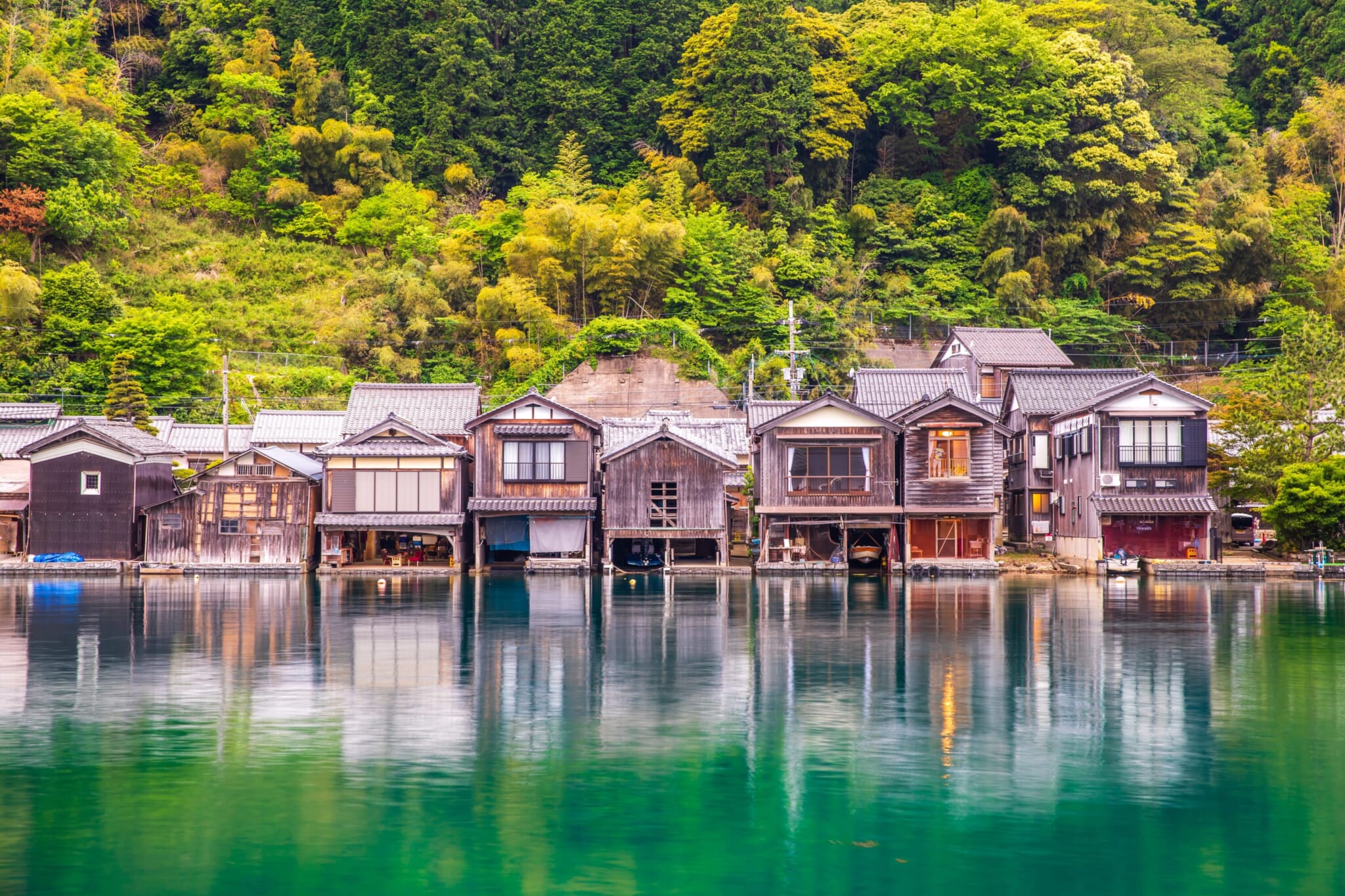Brunei, one of the world’s richest nations, has remained intriguingly shy of the limelight. The recent direct flight announcement between Brunei and Chennai has come on the heels of Prime Minister (PM) Narendra Modi’s maiden visit to Brunei Darussalam on September 3 and 4. Despite Brunei's serene beauty, strategic depth and its role in India's Act East policy, this phenomenally wealthy nation has been somewhat overlooked in Indian diplomatic efforts over the years.
PM Modi's tenure, spanning over a decade, is notable for his extensive travel across the countries of the Association of South East Asian Nations (Asean). Yet, Brunei remained absent from his itinerary during his first two term’s. The Sultan of Brunei, Hassanal Bolkiah, visited India to commemorate 25 years of ASEAN-India dialogue.

With its wealth and prestige, Brunei, the second remaining absolute monarchy in Asia, enjoys a position of economic pre-eminence that sets a high bar for the region. Brunei's diplomacy is characterised by its balancing ties with both the United States (US) and China. That’s exactly how New Delhi deftly deals with Washington.
However, Brunei's infrastructure development is heavily influenced by the Brunei-Guangxi Economic Corridor, a Chinese initiative. Brunei’s strategy of leveraging its abundant resources and strategic location has enhanced its geopolitical clout, particularly in the contested South China Sea. Brunei’s affluence, underpinned by its substantial investments in infrastructure such as the deep water Muara Port, offers a compelling opportunity for New Delhi.
The potential enhancement of this sea port could yield significant geostrategic and geo-economic benefits for India. There are about 14,500 Indians in the country including white collar profession. The diaspora is the link between two societies.
An India-Brunei partnership could bolster this strategy, combining India’s technical expertise and investment capabilities with Brunei’s rich hydrocarbon resources. This collaboration could be pivotal in counterbalancing the regional influence exerted by larger powers. Recent developments signal a renewed commitment to strengthening bilateral ties.
The announcement of a direct flight between Brunei and Chennai and the signing of a Memorandum of Understanding on Telemetry Tracking and Telecommand Station are key milestones. These agreements suggest a deeper engagement, with potential benefits spanning defence, trade, energy, and space technology. Despite its significant oil and gas production, which constitutes around 90% of its economic output, Brunei remains a relatively minor player in Southeast Asia's energy sector.
Its Seria oil field, highlighted by the Billionth Barrel Monument, shows its economic strength. Yet, Brunei’s role in the broader energy arena is limited, indicating a potential area for growth through partnerships. New Delhi has to play more proactive role in the country’s energy sector to increase the bilateral trade which is about $286 million.
After PM Modi’s visit, the opportunity for a robust, multifaceted partnership between India and Brunei is more tangible than ever. The Indian Space Research Organisation's ongoing training programmes and facility upgrades in Brunei further exemplify the growing synergy between the two nations, reflecting an evolving bond of cooperation driven by technological advancements and scientific interests. For the enrichment of heritage, science, and technology, India stands as an ideal partner.
Prestigious Indian academic institutions like the IIMs, AIIMS, and IITs could establish collaborations, nurturing academic and technological excellence in Brunei. Additionally, Bollywood, Tamil, Telegu celluloid industries might find inspiration in Brunei’s breathtaking locations, making them the backdrop for cinematic stories. The priority should be to elevate the volume of trade, which could in turn boost the flow of traffic, capital, and goodwill.
This article is authored by Ayanangsha Maitra is a New Delhi-based journalist and research coordinator, Centre of Geo-economics for the Global South, New Delhi..




















